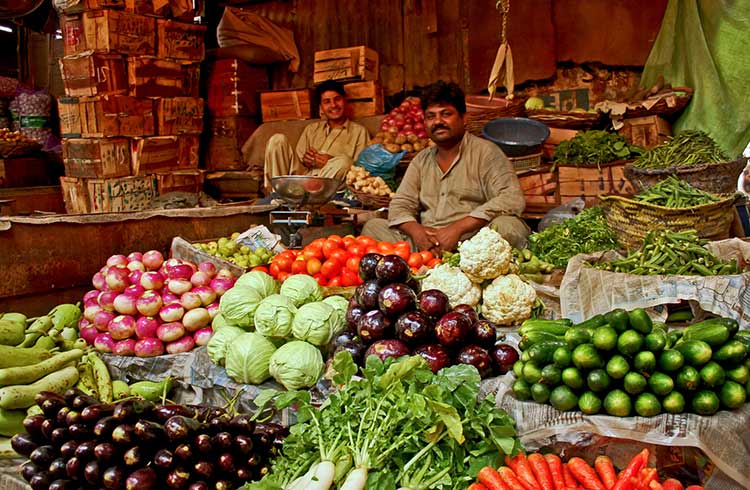Health Tips for Pakistan: How to Avoid Getting Sick
Traveling to Pakistan comes with the risk of insect-borne illnesses, and traveling with anti-diarrhea medication is a must. This is what you need to know to avoid getting sick and stay healthy on your trip.
 Photo © Getty Images/ SM Rafiq Photography
Photo © Getty Images/ SM Rafiq Photography
Drinking water in Pakistan
When it rains heavily in Pakistan, it floods. The southwest monsoon season runs from June to September, and the retreating monsoon season runs from October to November.
Huge floods in 2010 led to outbreaks of many forms of water-borne diseases, and diarrhea and related issues became widespread.
Outbreaks of diarrheal diseases came from the districts of Balochistan – Charsadda, Mardan, Nowshera District and Naseerabad. However, you should observe the general rules for water quality in all areas of Pakistan.
Be careful of water that has not been boiled or purified, and never drink straight from a tap.
Diarrhea is the leading cause of death for infants and children in Pakistan, and one in five citizens suffer from illness caused by polluted water. It should be taken seriously if you do begin to feel ill, so treat it early to avoid it getting any worse.
Malaria in Pakistan
Pakistan has a fairly high incident of malaria, excepting for those areas above 6,500ft (2,000m) above sea level. Coastal and low lying areas have a higher incident of malaria, and any areas affected by flooding where there are large bodies of still water are considered risky.
Strong strains of malaria that are resistant to chloroquine and sulfadoxine-pyrimethamine exist in Pakistan, and these strains are harder to treat.
The added danger is that Pakistan has few high quality hospitals outside of the major cities, so treatment in rural areas may be problematic.
Insect-borne diseases
Pakistan does have a general problem with insect borne diseases, and in addition to malaria, dengue fever, Crimean-Congo haemorrhagic fever and Japanese encephalitis, are found, with outbreaks occurring periodically.
These diseases are all nasty, debilitating and generally unpleasant – so do everything you can to avoid catching them.
Dengue fever is a huge concern because there is still no vaccination available or specific treatment for dengue fever. Consult your doctor before you leave about which vaccinations you need, or which booster shots you are due to have.
Strict preventative measures against insect-borne diseases should be taken – the method of defence is not getting bitten in the first place. If your accommodation is not insect proof (with flyscreens), use an insect repellent at all times and wear long-sleeved loose fitting clothing.
Why you should avoid henna tattoos in Pakistan
As well as avoiding dodgy street food vendors, travelers should avoid getting temporary henna tattoos, as they more often than not contain a dye which can cause serious skin reactions.
Poor food hygiene
Restaurant hygiene in Pakistan is not great, and unlike many other countries, judging by price won't work.
Elsewhere around the world, typically the more expensive the restaurant the safer the food is going to be – but this is not the case in Pakistan.
If a restaurant is expensive and either empty or not that busy, there's a high chance the food has been sitting around for days breeding bacteria.
Carefully choose a place to eat where turnover is fast. A high turnover of food means it's fresh and hot, not lukewarm and festering with bacteria.
If you have a sensitive stomach or you're generally prone to traveler's diahrrea and you do encounter intestinal problems, ask the chemists for "Medicine Stop Motion", they will know exactly what you're after.
Better still, take anti-diarrhea medication with you from home so you know what's in the tablets.
Related articles
Simple and flexible travel insurance
You can buy at home or while traveling, and claim online from anywhere in the world. With 150+ adventure activities covered and 24/7 emergency assistance.
Get a quote
No Comments